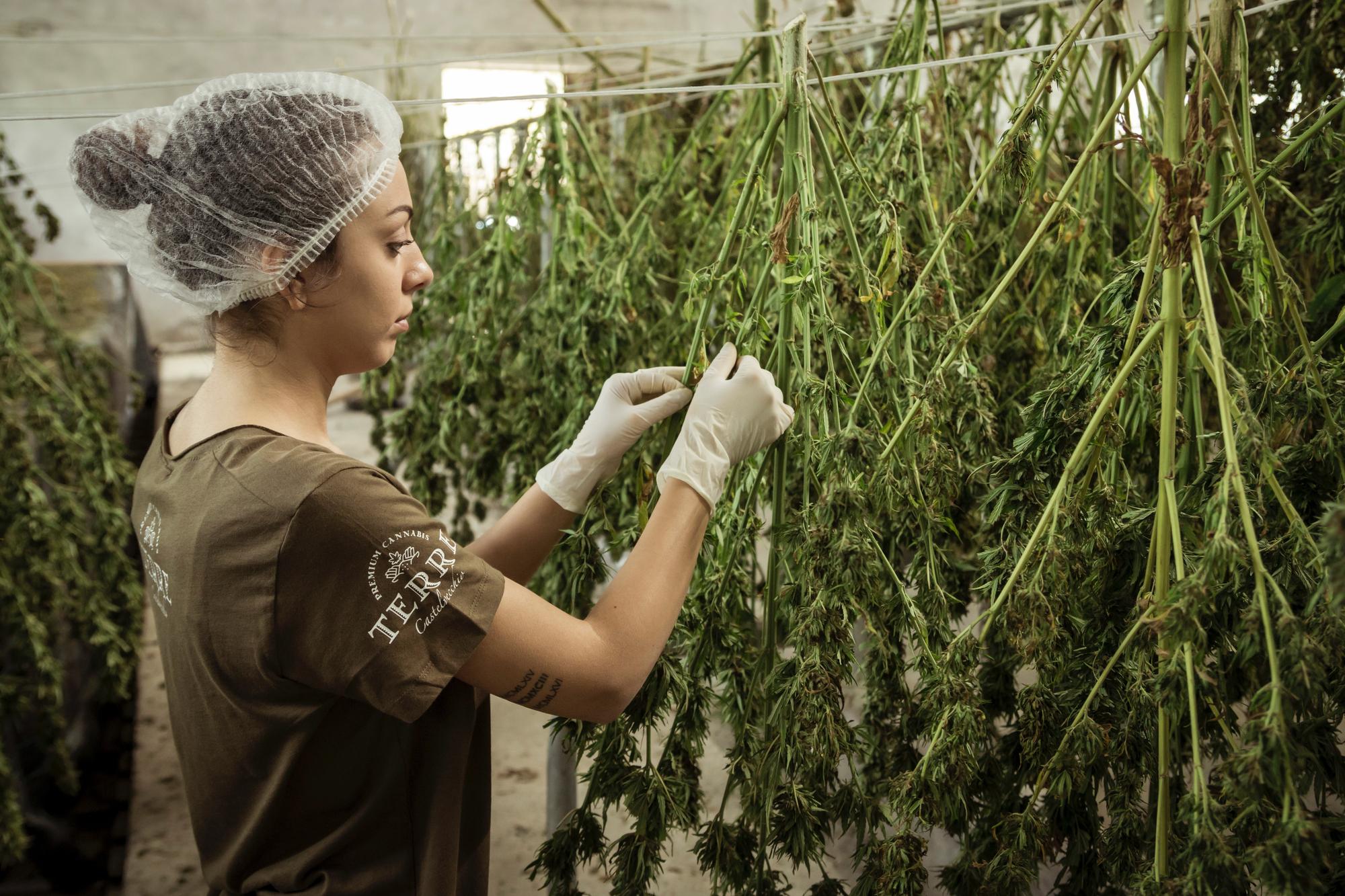Operating as a cannabis wholesaler in Nevada requires more than just moving product from cultivators to dispensaries. The desert environment presents unique storage challenges that can directly impact product quality, compliance, and consumer safety. Experienced wholesalers in the state have had to refine specialized systems for handling flower, concentrates, edibles, and vape products in an environment where extremes of heat and dryness can quickly compromise inventory.
Climate Challenges of the Nevada Desert
Nevada’s desert climate is defined by high summer temperatures, often exceeding 110°F, paired with low humidity. For cannabis wholesalers, these conditions create a dual threat. Excessive heat can degrade cannabinoids and terpenes, diminishing potency and altering flavor profiles. On the other hand, extreme dryness can accelerate the breakdown of flower, leading to brittle buds, loss of aroma, and decreased shelf appeal.
Wholesalers must also prepare for seasonal fluctuations. While summers are hot and dry, winters in northern Nevada bring colder temperatures that can introduce condensation issues when product moves between warm storage areas and cold transport vehicles. This constant climate variability makes proper storage infrastructure non-negotiable.
Controlled Environments and HVAC Precision
The backbone of desert storage management lies in climate-controlled facilities. Wholesalers invest heavily in HVAC systems that regulate both temperature and humidity. Ideally, storage areas are kept between 60-70°F, with humidity maintained in the 55–62% range for flower preservation. Sensors and monitoring technology provide real-time data to ensure conditions remain stable, and alarms alert operators to sudden shifts.
Energy efficiency is another challenge. Running high-capacity HVAC systems in Nevada’s climate drives operating costs upward. Experienced wholesalers have adapted by using insulation strategies, smart energy systems, and even solar power integration to offset the heavy demand of constant cooling.
Packaging as a First Line of Defense
Beyond facility control, packaging plays a vital role in protecting cannabis inventory. Wholesalers working with flower often prefer airtight glass jars or mylar bags with resealable closures to maintain freshness. For concentrates and vape cartridges, child-resistant containers and blister packs shield against oxidation and light exposure.
Some operators go further, using nitrogen-flushed packaging to extend shelf life by displacing oxygen. These strategies ensure that by the time products reach dispensaries, they maintain both compliance with state standards and consumer-ready quality.
Transportation in Harsh Conditions
Transporting product across Nevada presents its own climate obstacles. Delivery vehicles must be equipped with cooling systems or insulated storage compartments, especially during peak summer months when interior vehicle temperatures can soar above 140°F.
Wholesalers manage this risk by limiting transport times, scheduling deliveries during cooler hours of the day, and training drivers to monitor onboard climate systems. In some cases, backup power systems are installed to keep storage units stable even if vehicles face delays.
Compliance and Testing Pressures
Nevada’s Cannabis Compliance Board (CCB) maintains strict standards for product safety and testing. If products degrade during storage or transport, they risk failing potency or microbial tests, which can lead to costly losses for wholesalers. Maintaining climate integrity is not just a matter of product quality—it is a regulatory requirement.
Experienced wholesalers maintain thorough documentation of their storage and transport protocols, both as a compliance safeguard and as a trust-building measure for dispensary partners.
Balancing Cost and Operational Demands
Perhaps the greatest ongoing challenge is balancing operational costs with the need for climate resilience. Desert storage conditions require constant investment in infrastructure, packaging, energy management, and staff training. However, wholesalers recognize that failure to protect product quality would result in far greater losses through rejected shipments, damaged reputations, and broken retail relationships.
In this way, Nevada wholesalers have built resilience into their business models. By combining climate-controlled facilities, advanced packaging, compliant logistics, and efficiency measures, they continue to operate successfully in one of the harshest cannabis supply environments in the United States.
Learn More: In Transit, In Control: How Wholesalers Protect Cannabis Quality

